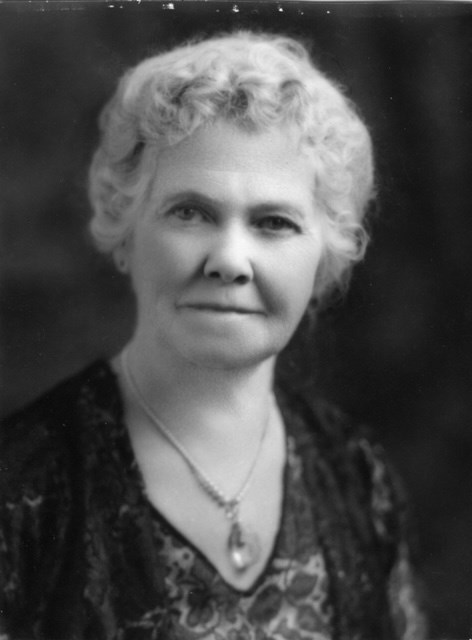Born in 1863, Margaret Malloy Allen had strong ties to Longmont. She was married to Charles Allen who came from one of Longmont’s earliest families and the owners of one of the first Hotels — the Imperial Hotel which today is located at Third Avenue and Main Street across from the Dickens Tavern. Allen came to the Burlington Colony with his mother Mary Ann Harris Dickens Allen.
Full of an empathetic spirit and will to help as she could, Malloy Allen saw that Longmont residents weren’t immune to difficulties during the 1930s including unemployment and lack of access to basic needs including food, clothing, and sometimes even shelter. The town’s banks closed, and depositors lost much of their life savings. At the same time, sugar prices fell, impacting one of the area’s biggest industries: sugar beet farming and production.
Malloy Allen founded the Longmont Federated Welfare Association in 1923 which coordinated the charitable efforts of 18 churches and clubs including clothing donations and providing food through donations and prepared meals that helped to provide things that residents couldn’t get access to as their income decreased. This work escalated as the Great Depression set in.
According to the Longmont Museum’s Erik Mason in his book Longmont the First 150 Years, “in its early years, it approached charity on an individual basis, buying shoes for a girl who had none, paying the hospital bill for a man who had just arrived in town … their big project was an annual Christmas Dinner for Children.” As needs grew, services shifted, and Malloy Allen’s association even paid for school lunches for children.
Being flexible in the times, Malloy Allen adjusted the Association’s services when it became overwhelmed with need while lacking in funds — at one point their account stood at $4.93. Instead of closing, the Association supported the work of other, larger charities such as The Red Cross. It also helped to put individuals to work in one of the area’s first paid service employment programs.
“The programs the Longmont Federated Welfare Association put together under her leadership, such as sewing clothing and chopping wood, anticipated the federal government’s massive public works projects by several years, “ Mason said.
Malloy Allen died in 1939, two years after her husband, and was buried in Mountain View Cemetery. The good works of charity became her legacy as the Association continued on through the 1940s and succeeding decades. Ultimately, in the 1960s it became part of The United Way — an organization that maintains both strong fundraising and significant support for the works of other charitable organizations.
Her charitable spirit continues on in the form of multiple nonprofits that, today, attend to housing, human services, and other basic needs of Longmont’s residents.



